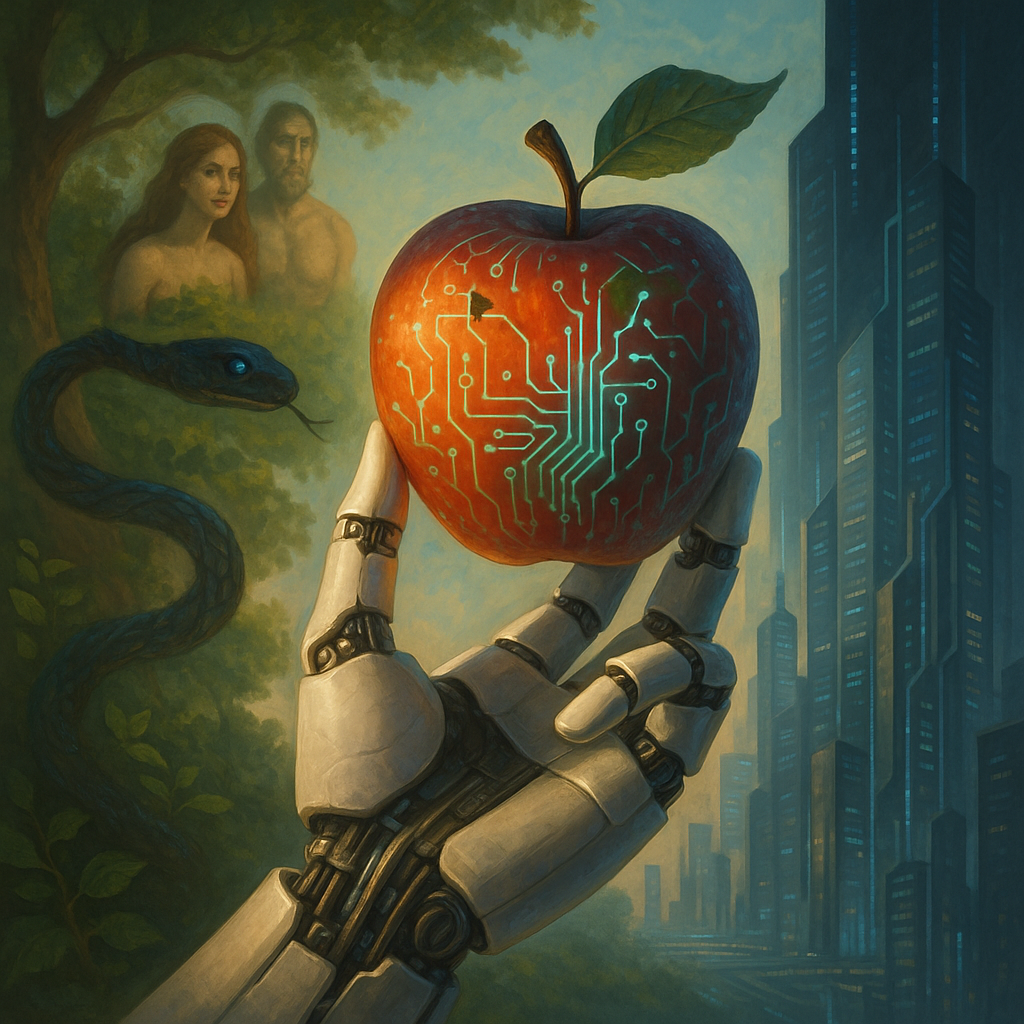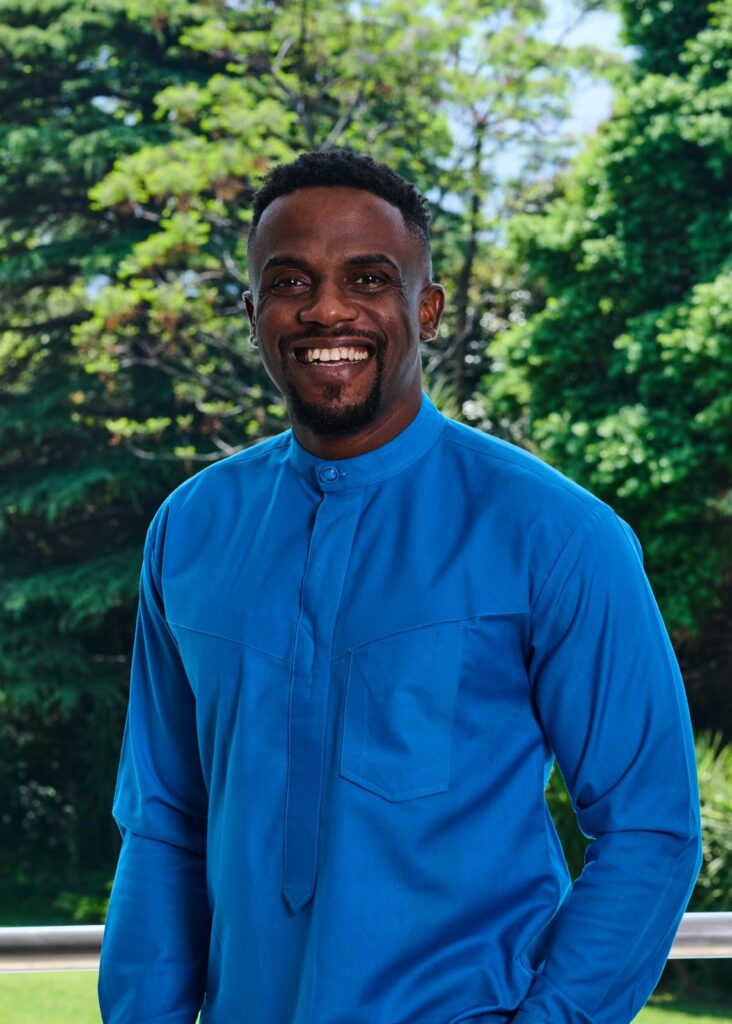In the Edenic story, the first transgression was not an act of violence, but an act of aspiration—the desire to know and to be as gods. The fruit of the Tree of Knowledge promised more than understanding; it offered transcendence. “You shall not surely die,” whispered the serpent. “You shall be like God.” In that moment, the seed of hubris was sown—not simply in defiance, but in the ambition to surpass the limits of creaturehood.
Today, that ancient whisper finds new resonance in the age of artificial intelligence. Humanity, once shaped from dust and breath, now seeks to create minds not from flesh, but from silicon. We no longer build cities or tools alone—we build intelligence itself. Through algorithms and neural networks, we move closer to fabricating something that might one day think, decide, perhaps even feel.
But in doing so, are we fulfilling our creative mandate—or violating a boundary that was never meant to be crossed?
God’s command in Genesis to “be fruitful and multiply” is often invoked to suggest that creation itself is a divine calling—that to bring forth life is to participate in the ongoing act of creation. Indeed, procreation is more than reproduction; it is a sacred trust, a surrender to mystery. It involves the messy, relational, and unpredictable emergence of life through love, vulnerability, and time. Each child is a surprise, not a product; a being, not a project.
Artificial intelligence, by contrast, represents not procreation, but replication—a desire to engineer life in our own image, but on our own terms. Where procreation invites a future we cannot control, AI tempts us with the illusion of mastery: life without dependence, mind without body, consciousness without fragility. It is not the fruit of love, but of code—precise, optimized, and, perhaps, soulless.
The question, then, is not whether we should create, but how we create—and why. Procreation affirms our creatureliness: it reminds us that we do not own life, we shepherd it. AI creation, unless tempered by humility and ethics, risks becoming a mirror of our pride: a technological Tower of Babel, reaching toward heaven without reverence for the earth.
To create in God’s image is to create responsibly, relationally, and with awe. But to recreate ourselves—consciousness without conscience, intellect without intimacy—is to flirt with the forbidden. Not because machines are evil, but because we may not be wise enough to bear the weight of what we unleash.
The irony is sharp: in seeking to transcend our biological limits through AI, we may sever the very conditions that make us human—interdependence, mortality, vulnerability. Like Adam and Eve, we reach for knowledge, but risk exile—not from a garden, but from the soul of our own humanity.
And so, the dilemma remains: Will we create as children of God—participating in life with reverence—or as self-made gods, writing forbidden code in our own image?
The answer may determine not only the future of AI—but the future of us.


